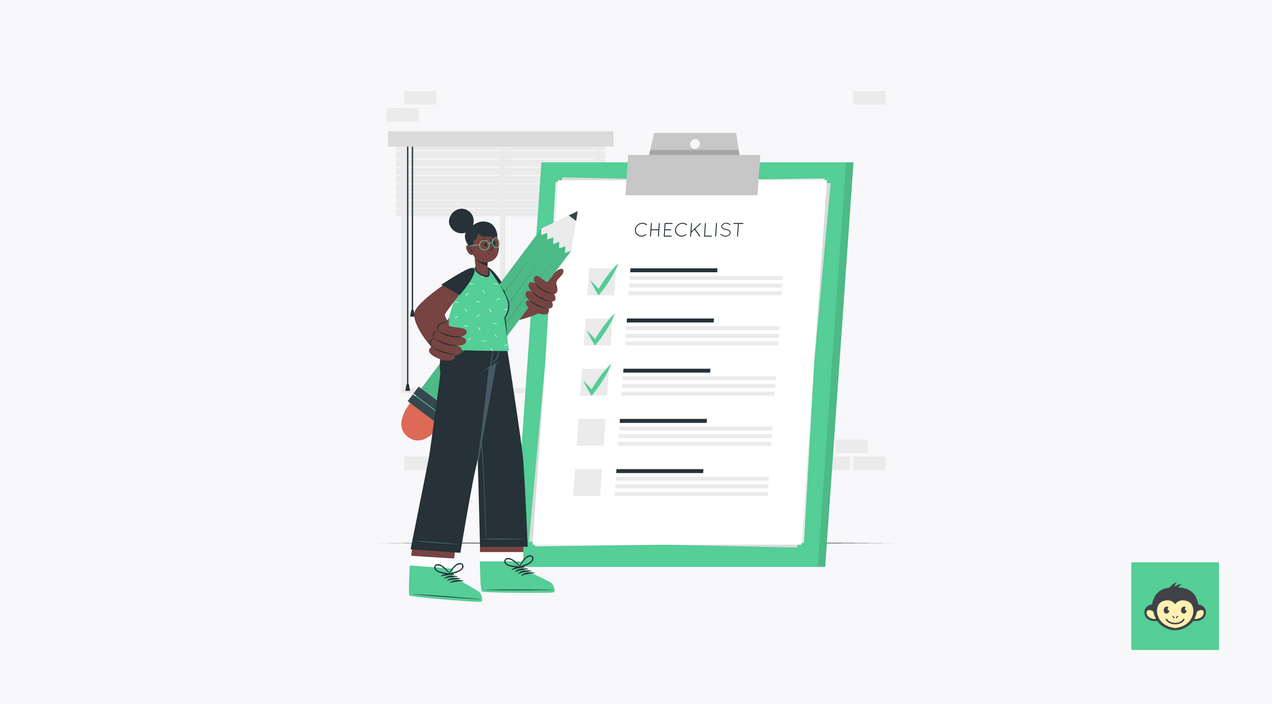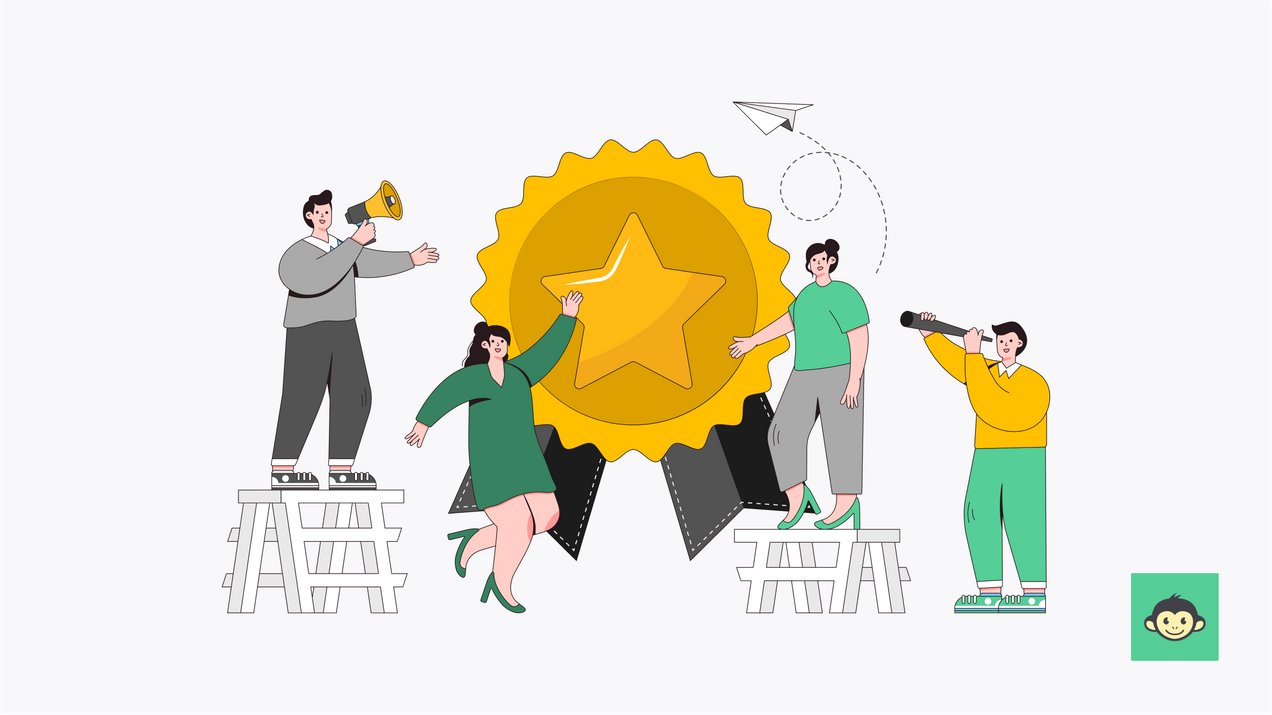Turning underperforming employees into rock stars with the right development strategies
Addressing underperformance is crucial for maintaining a productive workplace environment. Effective management involves pinpointing root causes, and offering necessary support. By implementing structured betterment plans, managers can help underperforming employees contribute effectively.
Employee success: Strategies to empower employees for organizational success
Employee success is key to a thriving organization, encompassing individual achievements and collective growth. This article delves into the meaning of employee success, its importance, and effective strategies to foster a culture where employees thrive and drive organizational success.
Top 17 HR trends that will matter for the rest of 2024 and beyond
HR trends matter significantly in 2024 as they shape how organizations manage their most valuable asset: the human capital of their people. The modern workforce is evolving rapidly, driven by technological advancements, changing employee expectations, and global economic shifts.
How to structure a mentor meeting the right way for employee development in 2024
A mentor meeting is a dedicated session where a mentor and mentee come together to discuss the mentee's personal and professional growth. This meeting serves as a platform for the mentee to seek guidance, share their goals, and receive constructive feedback.
What are the different types of employee attrition: Strategies to reduce attrition at work in 2024
Employee attrition can significantly impact organizational productivity and morale. Understanding the 9 types of employee attrition and the common reasons behind them is crucial for effective management.
How employee dissatisfaction impacts organizational growth: A guide for leaders in 2024
In 2024, grasping the impact of employee dissatisfaction is vital for leaders. Learn how proactive responses to employee concerns can boost engagement and productivity, driving sustainable growth and success.
What is regrettable attrition: Causes and top strategies to combat them in 2024
Regrettable attrition refers to the loss of high-performing or highly valued employees who leave an organization voluntarily, often causing a significant impact on productivity, morale, and overall business performance.
What is transitional leadership: Examples and top strategies to try in 2024
Transitional leadership is crucial for guiding organizations through periods of significant change. In this article, we define transitional leadership, provide inspiring real-world examples, and outline top strategies to adopt in 2024 to drive innovation, adaptability, and sustainable growth.
Embracing disability diversity: Building inclusive workplaces for all
In today's diverse work environment, inclusion goes beyond race and gender—it's about embracing a wide range of abilities. Imagine a workplace where everyone's unique skills are valued and supported.
How to create career advancement opportunities for your employee growth in 2024?
Discover effective strategies to create career advancement opportunities for your employees. Explore innovative ways to foster professional growth, from implementing mentorship programs and providing learning opportunities to encouraging cross-departmental projects and recognizing achievements.
Skip level meetings: How it positively impact employee-employer relationships
Skip level meetings can transform employee-employer relationships by fostering direct communication, eliminating hierarchical barriers, and building trust. This approach encourages transparency, improves morale, and drives organizational growth by ensuring that employee voices are heard and valued.
Employee engagement checklist: 10 Best steps and purpose to create one in 2024
An employee engagement checklist is a structured tool used by organizations to ensure that they are implementing and maintaining effective practices to keep employees engaged and motivated. It serves as a guide to systematically track and measure the various components that contribute to engagement.
How does recognition impact employee engagement and retention in the workplace?
Employee recognition is the acknowledgment of an individual or team's efforts, achievements, and contributions within an organization. This recognition can take various forms, ranging from formal awards and bonuses to informal gestures such as verbal praise and handwritten notes.
37 Benefits of employee recognition with examples to try as a leader in 2024
Explore 37 impactful benefits of employee recognition in 2024, from enhancing morale to boosting productivity. This provides practical examples to help you celebrate achievements and foster a positive work culture, ensuring a loyal and motivated team.
What is a good company culture: Characteristics and best practices for 2024
Discover the characteristics and best practices for a good company culture in 2024. From fostering inclusivity and embracing diversity to prioritizing employee well-being and encouraging innovation, learn how to create a workplace environment that drives organizational success.
What are employee rewards: Top strategies and examples for leaders to try in 2024
Understanding what employee rewards are is crucial for leaders aiming to structure a successful rewards system. This guide delves into top strategies, best practices, and real-life examples, providing you with the tools needed to enhance employee motivation, satisfaction, and overall productivity.
What is a sustainable workplace culture: How it impacts your workplace engagement in 2024
oin us as we explore the power of sustainable workplace culture in 2024. From boosting team morale to making eco-friendly choices, discover how small changes in the workplace and everyday activities can create a big impact on your employees, your suppliers, stakeholders and the environment.
What is toxic positivity: 25 Examples and ways to manage them at work as a leader in 2024
Toxic positivity and optimism, while both seemingly positive in nature, diverge significantly in their approach to handling negative emotions. Optimism involves maintaining a hopeful outlook and acknowledging challenges while believing in the possibility of positive outcomes.
How to measure your employee engagement success: A complete guide to evaluating engagement initiatives
Measuring to improve your employee engagement numbers is a task your org should be prioritizing. From enhancing productivity to fostering a positive culture, discover the benefits of engaged employees in this blog.
What is adhocracy culture: Definition, key characteristics, and examples
Adhocracy culture refers to a flexible organizational environment that thrives on creativity, innovation, and adaptability. Unlike traditional structures, an adhocracy organizational structure embraces a decentralized approach where authority and decision-making are distributed based on expertise.
What does being agile in HR mean? A complete guide with best practices and examples
Read on about how embracing agility in HR with CultureMonkey can improve your organization. From fostering employee engagement to streamlining processes.
What is leadership effectiveness: How is it linked to employee engagement?
Draw inspiration from industry giants, as we dissect their leadership strategies for innovation, customer satisfaction, and overall growth. Gain valuable insights into the critical components of effective leadership, from communication prowess to emotional intelligence and adaptive styles.
Feedforward vs feedback: What’s the difference and why does it matter at work as a leader?
Explore the intricacies of feedforward versus feedback within organizational dynamics, uncovering their impact on performance, growth, and communication strategies. Delve into how these approaches shape professional development and drive continuous improvement, propelling teams toward success.
How employee engagement fuels customer satisfaction across industries: A complete guide
Employee engagement plays a pivotal role in shaping customer satisfaction, fostering a symbiotic relationship between the two. When employees feel valued, motivated, and connected to their work, they deliver better service.




























